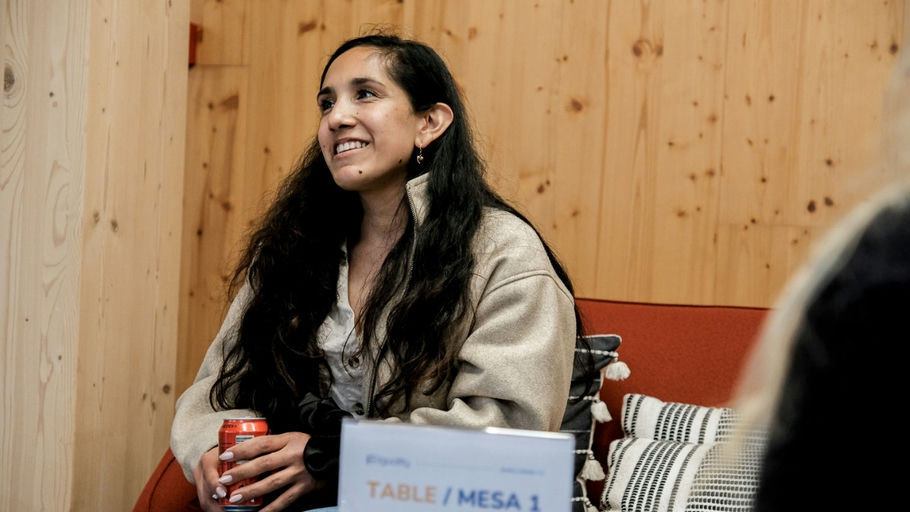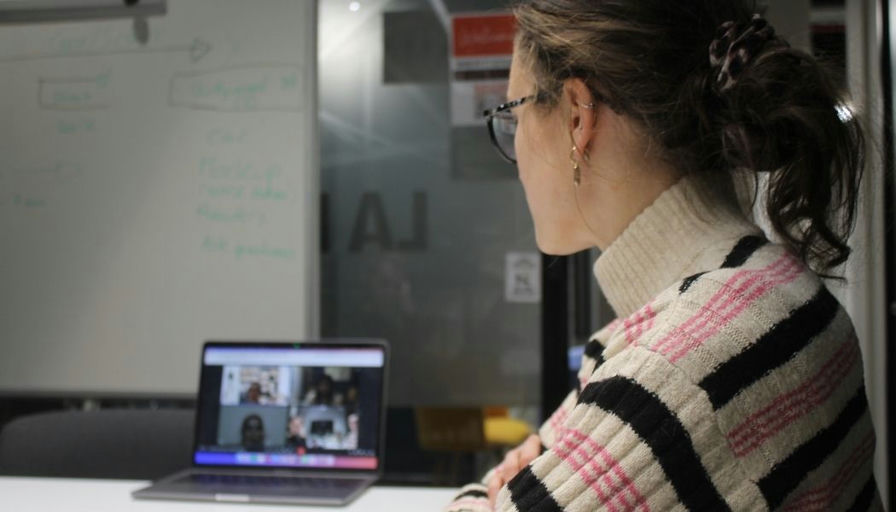
19 de novembre de 2023


Across Europe, the welfare state is facing a slow erosion. Political debates focus on military budgets, migration, and public spending cuts, while the everyday realities of life — housing precarity, burnout, loneliness, and mental distress — remain on the margins. But now more than ever, we need to reclaim and defend a welfare state that meets the real needs of our societies. And that means putting mental health at the centre.
The welfare state is not a relic of the past. It is one of Europe’s most powerful achievements. But to remain relevant and just, it must evolve — and that includes recognizing that mental health is as vital as physical health, education, or income security.
Traditionally, the welfare state has focused on pillars like healthcare, education, pensions, and employment. But in the 21st century, we know that wellbeing cannot be reduced to economic indicators or hospital beds. Mental health conditions — from anxiety and depression to trauma and burnout — are now among the leading causes of disability and exclusion across Europe (World Health Organization, 2022).
Without access to mental health care, people struggle to stay in school, maintain work, care for others, or engage in society. Mental health is not a “personal issue” — it is a collective concern, shaped by poverty, discrimination, housing insecurity, migration status, and social isolation (OECD, 2019).
A welfare state that does not include universal, accessible, and culturally competent mental health support is incomplete — and ultimately unsustainable (European Mental Health Action Plan, 2020).

1. Prevention Is Smarter than Crisis Management
When people can access mental health support early — whether through public services, community centres, or schools — societies save enormous costs later on: hospitalisations, long-term unemployment, homelessness, incarceration (Lancet Commission on Global Mental Health, 2018). Prevention is not only more humane — it's also more efficient.
2. Mental Health and Inequality Are Deeply Connected
Inequality fuels mental health problems — and untreated mental health issues entrench inequality. A well-functioning welfare state doesn’t just provide therapy. It tackles the structural causes of distress: poverty, racism, gender violence, housing instability, and exclusion (European Social Policy Network, 2021). By investing in mental health, we invest in social cohesion, equity, and democratic participation (OECD, 2020).
3. Mental Health Is Essential for Resilience
Strong welfare states help people bounce back from setbacks — job loss, migration, illness, or personal trauma. But that only works if we treat mental health as a priority. Ensuring emotional wellbeing is what allows people to adapt, connect, and participate fully in their communities and economies (European Observatory on Health Systems, 2021).

This is not a call for nostalgia. It’s a call to reimagine the welfare state to reflect today’s realities and tomorrow’s needs. We must:
A society that ignores mental health is a society that fragments. A welfare state that embraces it becomes a space of repair, connection, and possibility.
A strong welfare state doesn’t just treat symptoms. It asks what kind of life is possible for all of us — and what role public institutions should play in making that life more secure, just, and livable.
Mental health is not a separate agenda. It is the thread that weaves through every part of a healthy society. If we want a welfare state that works, we need one that cares — deeply, structurally, and without exception.
Because true wellbeing is never individual. It is collective — and it is worth protecting.



Estigueu al dia de la nostra feina, els nostres esforços de sensibilització i defensa, les nostres últimes publicacions i, per descomptat, tots els nostres esdeveniments (esportius) fent-nos un seguiment a les xarxes socials o subscrivint-vos al nostre butlletí.
Estigueu al dia de la nostra feina, els nostres esforços de sensibilització i defensa, les nostres últimes publicacions i, per descomptat, tots els nostres esdeveniments (esportius) fent-nos un seguiment a les xarxes socials o subscrivint-vos al nostre butlletí.

19 de novembre de 2023

7 de març de 2024

15 de març de 2024

1 de novembre de 2023

21 de gener de 2024

12 de novembre de 2024

15 de juny de 2025

11 de novembre de 2024

13 de maig de 2025